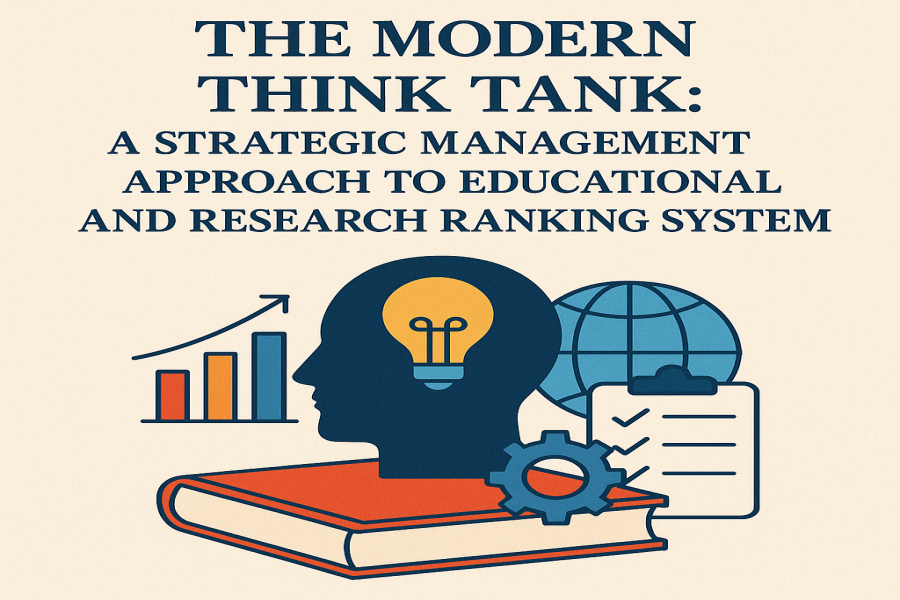
-
بررسی آییننامهها و دستورالعملهای برنامه هفتم پیشرفت
-
بررسی عوامل موثر بر افزایش تصادفات و تلفات جادهای و سوانح رانندگی و دادهکاوی تلفات انسانی
-
سازماندهی و بازآرایی فضایی آموزش عالی کشور
-
به روز رسانی سند ملی آمایش سرزمین
-
انجام مطالعات مناطق آزاد به عنوان نواحی پیشران اقتصادی کشور
-
اصلاح ساختار بودجه و پیاده سازی نظام یکپارچه مدیریت اطلاعات مالی دولت (IFMIS)

This study was conducted with the aim of developing a modern, world-class think tank by examining the experiences of prominent think tanks across different continents, as well as the key indicators emphasized by global ranking systems. Accordingly, in the first phase, the current and future challenges facing think tanks worldwide were identified through an analysis of international think tank experiences. In the second phase, the success factors enabling think tanks to address these challenges were explored in two steps. Moreover, to examine global think tank experiences, a thematic analysis of secondary data was conducted, reviewing the experiences of 28 think tanks from various continents using purposive and convenience sampling methods.
It should further be noted that, first and foremost, think tanks must be aware of the challenges they currently face or are likely to encounter in the future in order to prepare effectively for them. Think tanks should position themselves at the forefront by helping to analyze these challenges and by preparing societies for the transformative changes they are facing now and will continue to face. To remain influential, think tanks and policy institutions must simultaneously pursue greater rigor, innovation, accessibility, and accountability more than ever before.
It is worth noting that this report was prepared and compiled by the Research Services Office of the CDRF. Authored by Romina Farhadi Nezhad under the academic supervision of Ali Darvishi (Ph.D.), the report comprises 302 pages.
Those interested in reading the report may access and download the full research document through the following link.



